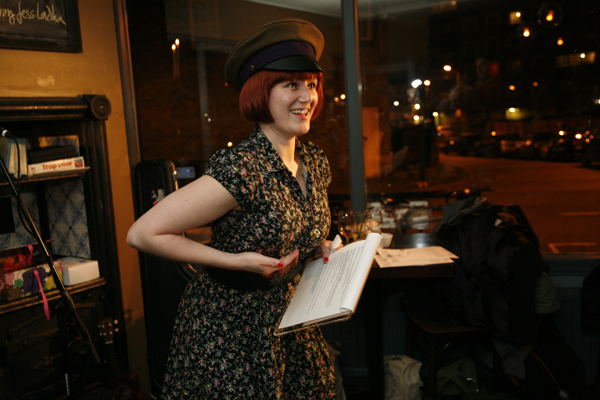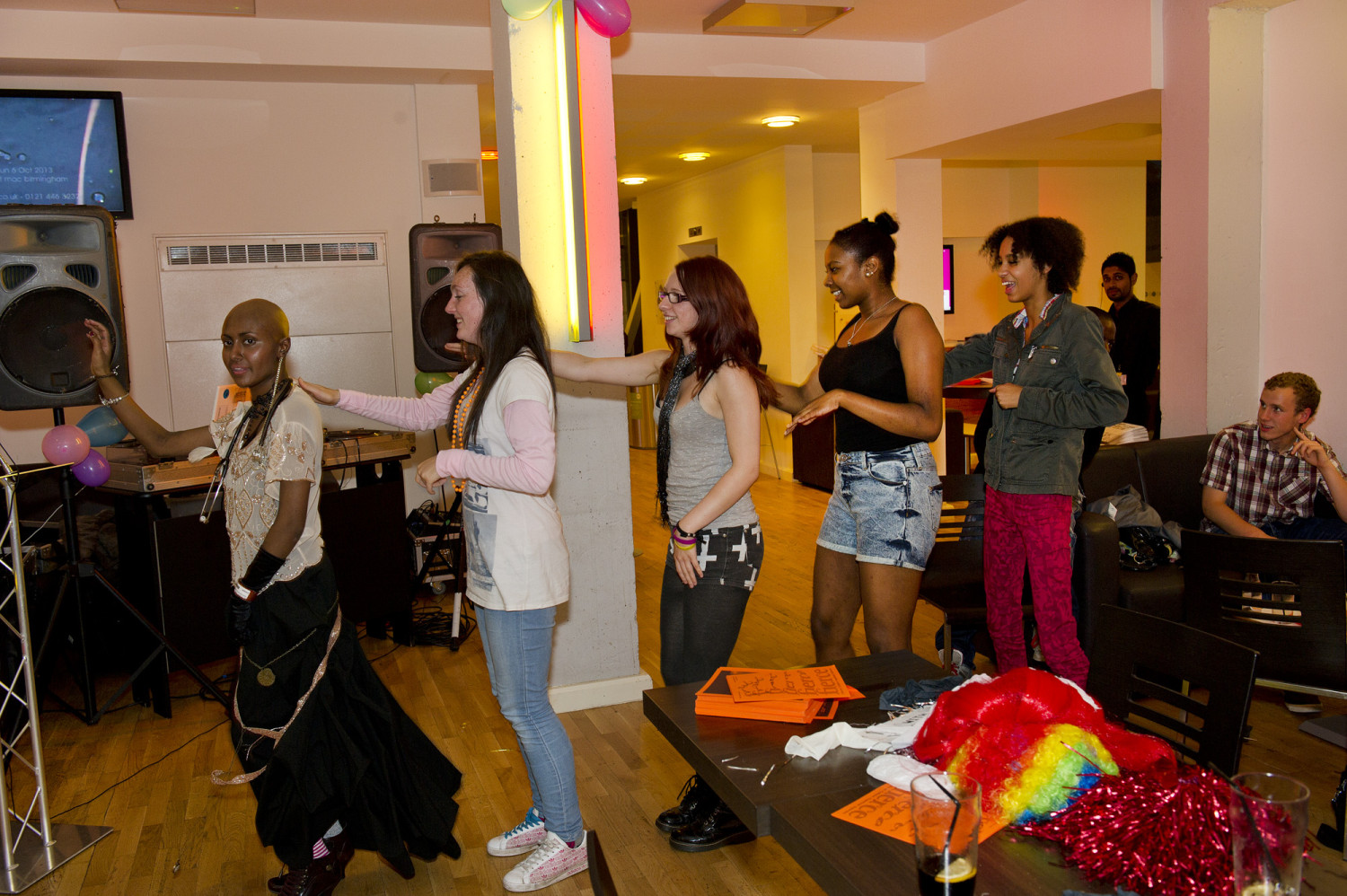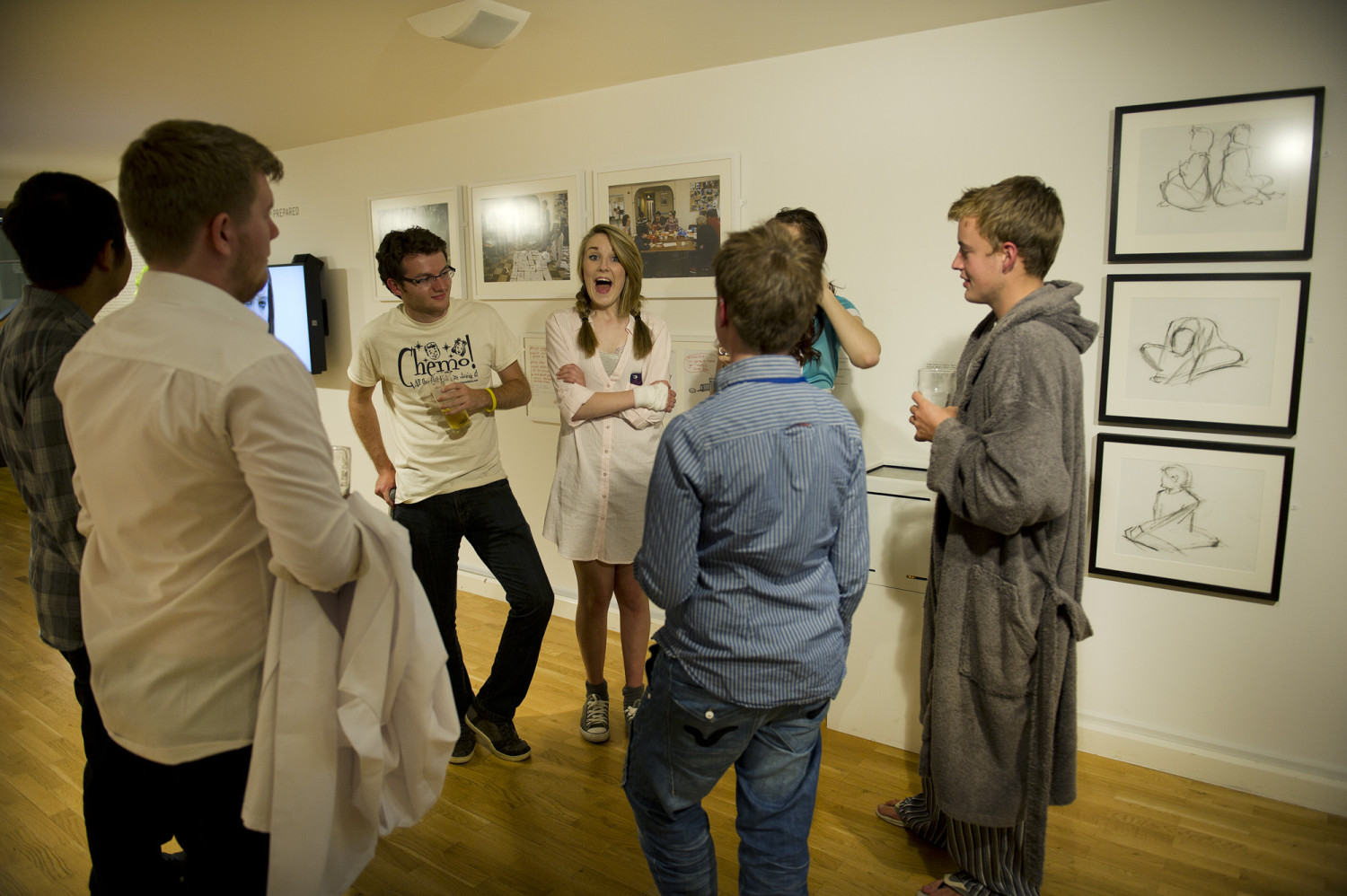celebrate your cancer
(Taken from our Facebook Page)
Get everyone to come dressed like when they felt bad. | Wear a bald cap and celebrate it. | Could have scars on show and still feel ‘normal’. | Everyone comes dressed so that they can feel comfortable in themselves, everyone can relate to each other so no-one feels judged. | Wear a t-shirt with your type of cancer/illness to be able to find someone with the same cancer/illness at the disco. | Dress so that you can appreciate how you and others look, and feel good about it. | Be ridiculous, dress ridiculously, behave ridiculously. | There could be a theme/dress code. For example, dressing up as doctors and nurses, or dress up as a famous person/character, or everyone could wear the colour of the cancer ribbon that represents their cancer | Dress up as cartoon characters. | I think there definitely needs to be a dress code; I like the doctors and nurses idea; maybe everyone needs to wear a wig?
Reflection 1
We know, or we think we know, that by getting young people together, they support each other well, and get comfort out of being able to say ‘Chemo’s crap’ and the listener knows that’s true. It’s not a sympathetic ‘I know I know’ from a mum, an auntie or nurse, but it’s someone who has actually sat there with chemo as well, and knows that it’s crap. There are young people who will never come to an activity and that’s ok. You have your regulars, people who come to everything and fit their life around it, and then some who flit in and out, and some who come regularly and then stop when something changes – something in their personal life, or something in the group dynamic.
If someone in our social group has passed away, or relapsed or is very unwell, that affects the dynamic of that whole group. A death or a relapse is quite intense because not only is it sad that they have died, but it’s scary because they died of something that affects the entire group. In this way, it’s a double whammy. When we get a group together, it’s quite natural. People gravitate to people they have shared interests with, and we very much allow groups to run organically. We have rules in the gatherings, but we try to be non-clinical – the opposite of everything they’ve had previously. It’s not unprofessional, but non-professional – we’re trying to create that natural state rather than it being the hospital. – Zoe
Reflection 2
The Teenage Cancer Trust and our work more broadly, is about the holistic care of the young person who has gotten cancer, and at a time that is really difficult, whether you have cancer or not. By allowing a wider support network, these young people find individuals they can relate to – not understand because they don’t always completely understand each others’ stories – but can relate to each other at a time when many of their other friends drop out of the picture. This peer support can be amazing, but it can also be incredibly difficult, because we are actually introducing these young people to a whole host of others who are experiencing different prognoses and life outlooks.
With this, it brings its own life difficulties. But I think it does open these conversations that are quite difficult to have – often the social group is where we talk about death and dying, in particular if we’ve lost a member of the social group. They become such a strong unit… The peer support is about – I hate the word normalising – but it is normalising. Often our young people are given so many rules – ‘You can only do this’ ‘You can never do that’ – that they become petrified about what they will and will not do. With the social group, it’s about finding a safe way to reintegrate them into everyday activities, like going out to dinner or hanging out with some people they like. – Sarah



